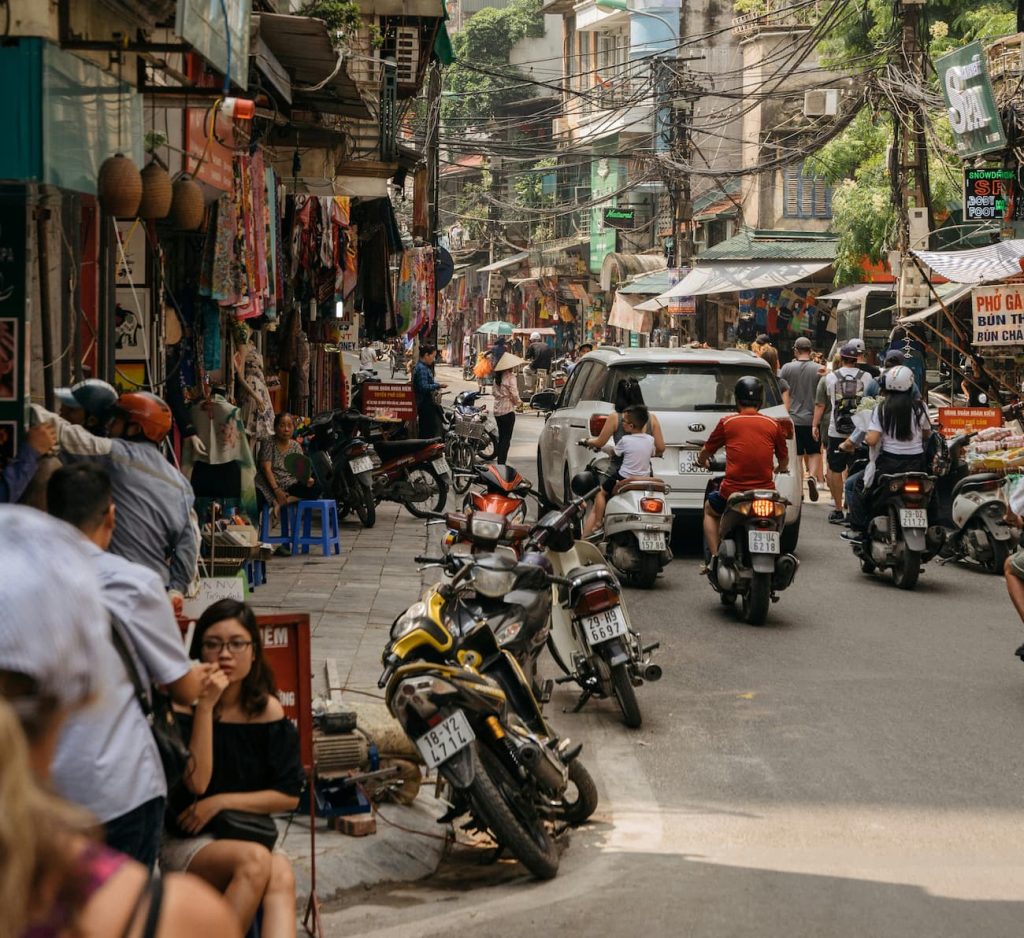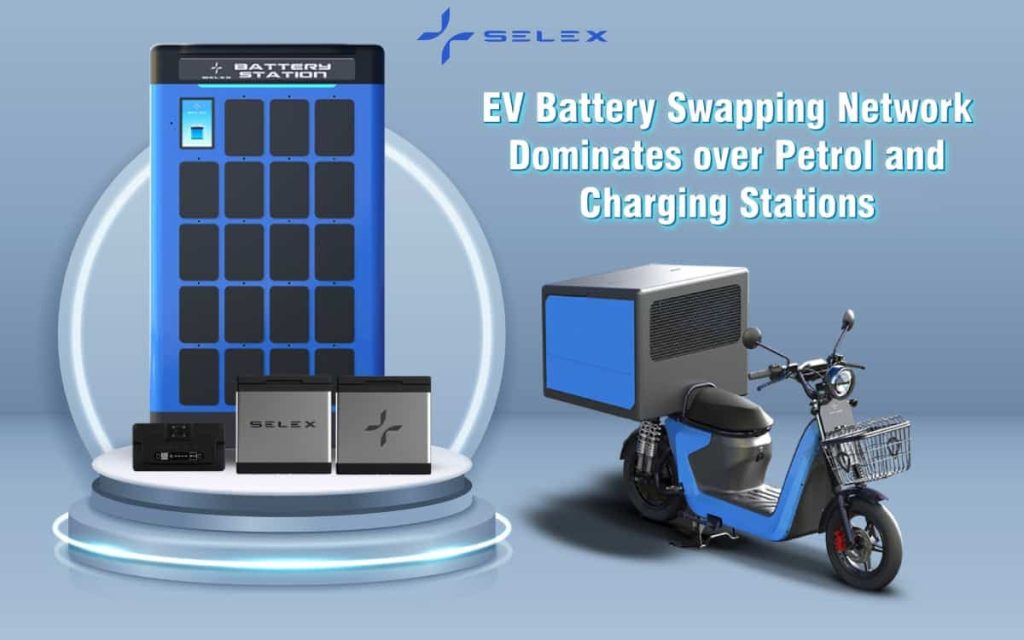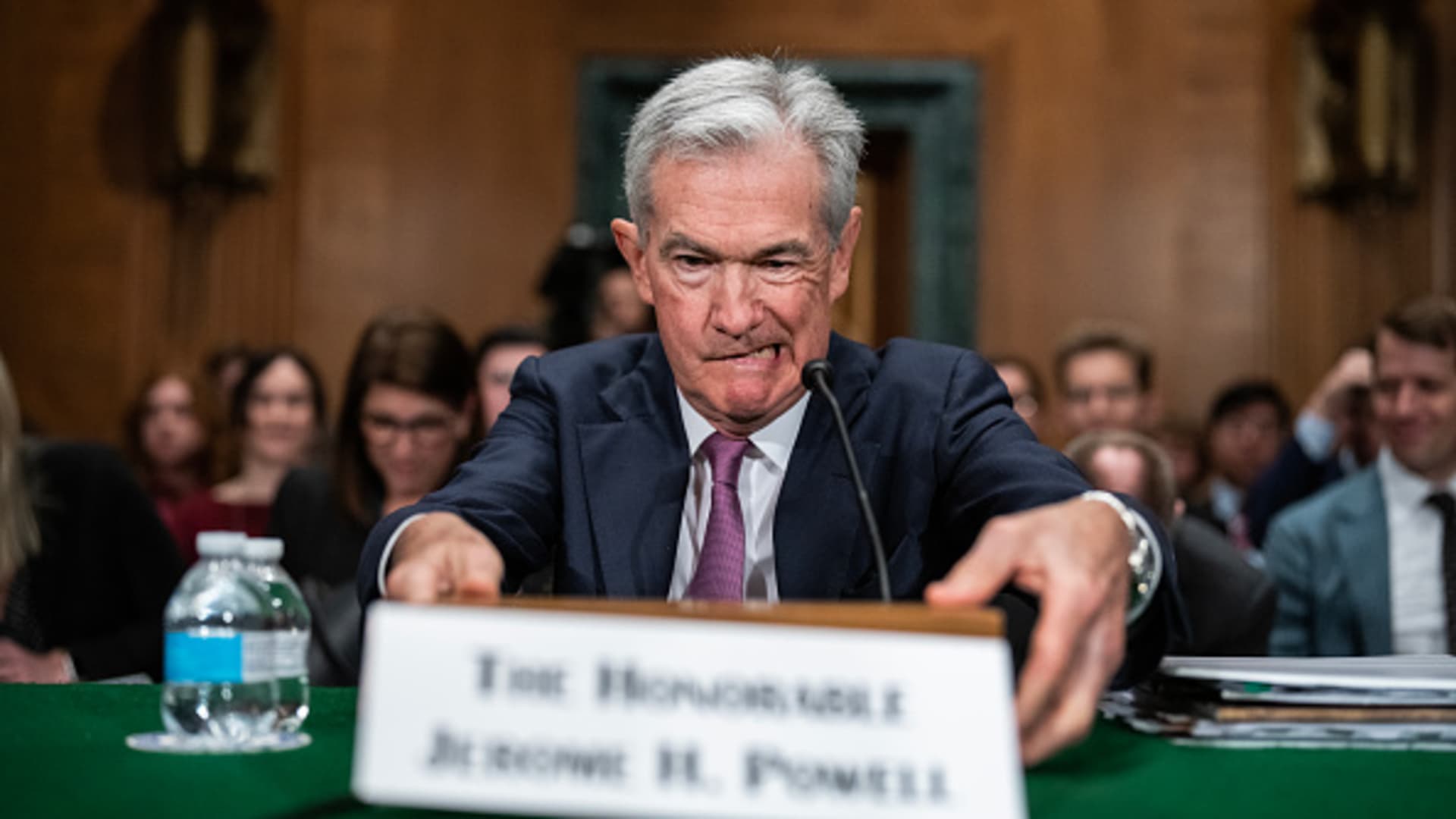Vietnam is taking bold steps to clean up its streets – and quiet them down. Starting next summer, the major downtown areas of Hanoi will ban all gasoline-powered motorcycles as part of a program to cut down on emissions.
The plan will go into effect on July 1, 2026, and then will expand the following year to cover more districts outside of downtown, and eventually include gasoline-powered cars as well. Other major cities like Ho Chi Minh City and Da Nang are now studying similar measures.
The plan is part of Vietnam’s national goal to phase out gas-powered two-wheelers entirely by 2045. And in a country where motorcycles are the lifeblood of daily transportation, with an estimated 72 million of them on the road, this marks a seismic shift.

The first phase of the ban will cover the Hoan Kiem and Ba Dinh districts of Hanoi within the Ring Road 1. These central areas are known for dense traffic, high pollution levels, and a thriving tourism industry. Officials hope that banning gasoline-powered motorbikes will reduce noise, smog, and carbon emissions while nudging residents toward cleaner electric alternatives.
For now, the ban only affects motorcycles, but city officials have confirmed that it will extend to gasoline-powered cars in later phases. And while many Vietnamese cities have flirted with the idea of regulating vehicle emissions before, this marks the first concrete plan with a clear timeline. Ho Chi Minh City, the country’s largest urban area, is closely watching Hanoi’s progress and is said to be considering following suit.
Electric motorcycles and scooters are already a fast-growing market in Vietnam, led by homegrown companies like VinFast and Selex Motors. VinFast claims to have sold over 160,000 electric scooters as of early 2024, and Selex is rapidly expanding its battery-swap station network. But so far, electric two-wheelers only account for around 5% of the total market.
That number could soon change.

As gas-powered vehicles begin to disappear from urban centers, electric models may finally gain the upper hand. The government is also exploring support policies like financial incentives and improved charging infrastructure, both of which are key to getting more people to switch.
Still, there are hurdles. Many Vietnamese riders are hesitant to adopt electric bikes due to range anxiety, high upfront costs, and a lack of charging stations. But with regulatory pressure increasing and electric models becoming more affordable, the shift looks more like a matter of “when” than “if.”
Electrek’s Take
Vietnam banning gas-powered motorcycles is a big deal, and not just for local air quality. It’s also a major signal to the broader Southeast Asian market, where motorcycles vastly outnumber cars. If Vietnam can pull this off, it could become a model for electrifying personal transport in developing countries. Keep an eye on this one.
Each time I’ve visited Shanghai, for example, I’m amazed at how a pack of 30-40 motorcycles and scooters can whizz by with nothing but wind noise. China has set the example on how cities can clean up, quiet down, and improve their quality of life by mandating an end to gasoline-powered motorcycles. If other countries can replicate it in big cities, the improvement to local and global air quality would be massive, and that comes on top of all the hyper-local benefits like reductions in noise and urban grime.
That being said, one year is an incredibly fast timeline to shift literally millions of motorcycles to electric. It also doesn’t appear to address the financial burden this will put on residents who will have to replace their vehicle, even if locally produced electric scooters can be made affordable. I’ll be watching this one intently to see how officials can address these issues and if they can maintain this tight deadline. If they can pull it off, though, the face of major Vietnamese cities could change completely.
FTC: We use income earning auto affiliate links. More.








